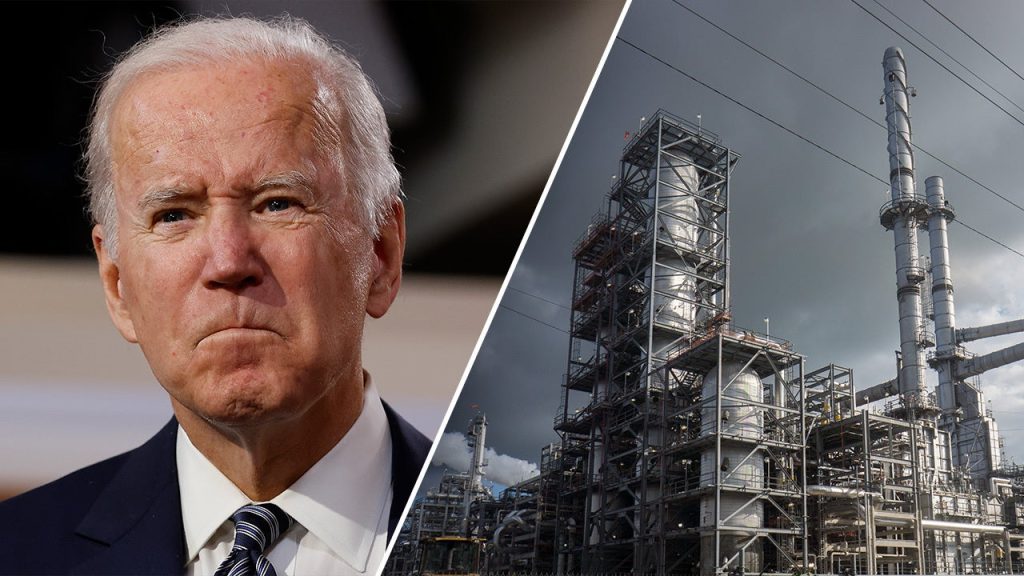The Biden administration has recently finalized regulations targeting hundreds of chemical plants over their emissions, which has faced criticism from the industry. Synthetics manufacturer Denka Performance Elastomer (DPE) has announced plans to sue the Environmental Protection Agency (EPA) over the new rules, claiming that they are politically-motivated and unfairly punish their neoprene facility in Louisiana. The company argues that the compliance deadline imposed by the EPA would force them to idle operations at a tremendous expense and risk to their employees, and they plan to challenge the rule in court. The regulations impact 218 chemical manufacturing facilities nationwide, with a large share located in Louisiana, and activists have raised concerns over emissions in the region known as “Cancer Alley.” The EPA says the rules will reduce emissions of various chemicals by 80% and reduce cancer risks in nearby communities by 96%.
The regulations have been praised by environmental activists as a victory for environmental justice, with calls for rigorous enforcement of the rules. However, the American Chemistry Council, which represents chemical manufacturers, has expressed concerns over the potential implications of the regulations on vital industries such as electric vehicle battery development, agriculture, semiconductor manufacturing, and health care access, which rely on chemicals like ethylene oxide. If facilities like DPE’s neoprene plant were to close as a result of the regulations, industries reliant on the material may have to look to foreign producers for supply. The American Chemistry Council urges the Biden administration to take a different approach to regulations to ensure the availability of critical chemistries and maintain the country’s climate, infrastructure, and supply chain priorities.
DPE specifically criticized EPA’s requirement that its Louisiana neoprene facility comply with the restrictions and fenceline monitoring within 90 days, a reduction from the proposed two-year compliance period, arguing that the deadline is unrealistic and would cause significant harm to their operations. The company plans to challenge the rule and seek an extension of the compliance period in court, as well as oppose the substantive requirements of the rule alongside ethylene oxide manufacturers across the U.S. The EPA’s regulations impact 218 chemical manufacturing facilities nationwide, with a significant number in Louisiana, raising concerns over the economic impact of the rules on the industry.
The Biden administration has emphasized its commitment to protecting communities from toxic chemicals that can cause cancer by issuing strong clean air standards and requiring companies to monitor pollution at the fenceline. White House Council on Environmental Quality Chair Brenda Mallory stated that the administration is working to ensure that people know what is in their air and is focused on environmental protections. Earthjustice, an environmental activist group, hailed EPA’s announcement as a victory for environmental justice and called for the rigorous enforcement of the rules to protect communities from harmful emissions. The EPA’s regulations aim to reduce emissions of various chemicals and significantly reduce cancer risks in communities near chemical plants.
The American Chemistry Council has warned of the potential consequences of the regulations on industries that rely on chemicals like ethylene oxide, neoprene, and others impacted by the EPA’s rules. Industries such as electric vehicle battery development, agricultural products, semiconductor manufacturing, and health care access may be affected by the regulations, leading to potential supply chain disruptions and reliance on foreign producers. The Council urges the Biden administration to consider the implications of the regulations on critical industries and prioritize maintaining the availability of essential chemicals for the country’s climate, infrastructure, and supply chain needs. The EPA has not yet responded to requests for comment on the legal challenges and criticism from the chemical industry.


